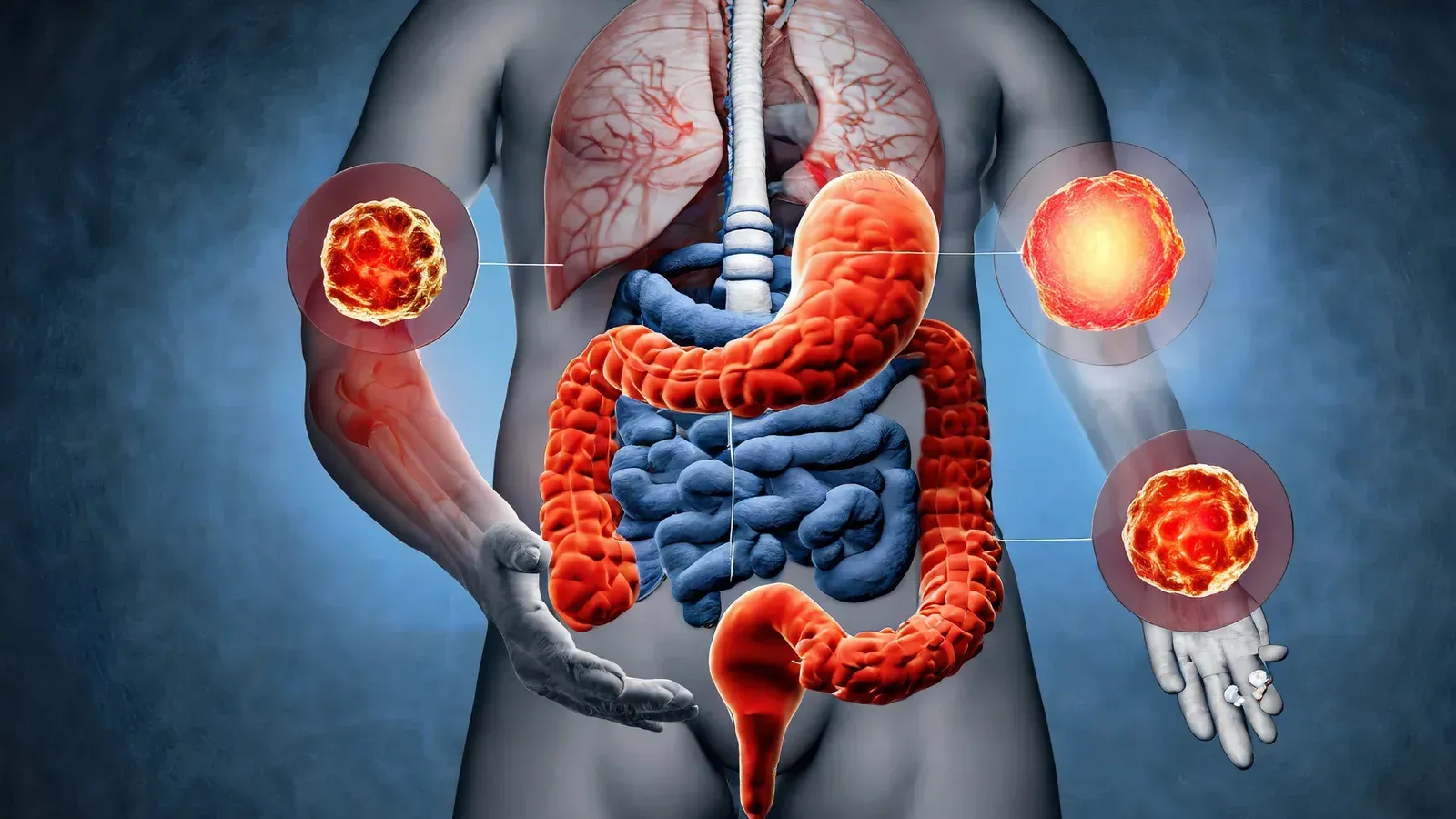Comprehensive Guide to Ulcerative Colitis Treatment: Strategies and Innovations
Ulcerative colitis is a chronic inflammatory bowel disease that requires ongoing management to control symptoms and prevent disease flares. The treatment of ulcerative colitis has evolved significantly in recent years, offering patients a range of therapeutic options to improve their quality of life. This article aims to provide a comprehensive overview of ulcerative colitis treatment, highlighting the latest strategies and innovations in gastroenterology clinical research.
Understanding Ulcerative Colitis: Causes and Symptoms:
Ulcerative colitis is characterized by chronic inflammation of the colon and rectum, leading to symptoms such as abdominal pain, diarrhea, rectal bleeding, and fatigue. Understanding the underlying causes and symptomatology of ulcerative colitis is essential for tailoring effective treatment strategies.
Conventional Treatment Approaches for Ulcerative Colitis:
Conventional treatment options for ulcerative colitis typically include a combination of medications such as aminosalicylates, corticosteroids, immunomodulators, and biologic therapies. These medications aim to reduce inflammation, control symptoms, and induce and maintain remission in patients with ulcerative colitis.
Emerging Therapies and Clinical Trials for Ulcerative Colitis:
Recent advancements in gastroenterology research have led to the development of novel therapies for ulcerative colitis, including small molecules, biosimilars, and targeted biologic agents. Participating in clinical trials allows patients access to cutting-edge treatments and contributes to the advancement of ulcerative colitis management.
Lifestyle Modifications and Holistic Approaches to Ulcerative Colitis Management:
In addition to medical treatments, lifestyle modifications such as dietary changes, stress management, and regular exercise can play a significant role in managing ulcerative colitis symptoms and improving overall well-being. Holistic approaches, including complementary therapies and mind-body practices, may also complement conventional treatments.
In conclusion, the treatment of ulcerative colitis is multifaceted, encompassing a combination of medications, emerging therapies, lifestyle modifications, and holistic approaches. By staying informed about the latest advancements in ulcerative colitis treatment and participating in clinical research, patients can work towards achieving optimal disease management and enhancing their quality of life.









